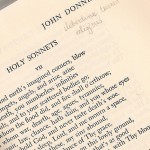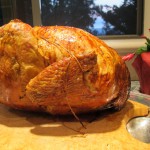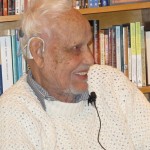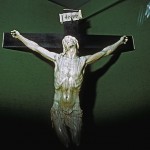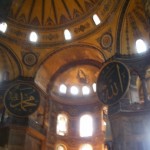By Barbara Falconer Newhall
Some books are even better the second time around. That’s the case with one of John Shelby Spong’s books — the one about heaven.
I found it tucked behind a row of books on the bottom shelf of my writing room bookcase the other day. There it was — “Eternal Life: A New Vision: Beyond Religion, Beyond Theism, Beyond Heaven and Hell.”
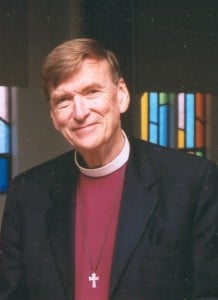
And there I was, minutes later, sitting on the floor next to the bookcase, leafing through it again.
First published in 2009, “Eternal Life: A New Vision” takes up that thorniest of questions: Can we really hope for some kind of life after death? Is there or isn’t there a heaven?
I’d like to know.
If Spong can bring himself to believe in heaven, then there’s nothing stopping me. He is, after all, is the former Episcopal Bishop of Newark and a long-time champion of progressive Christianity.
Tough-minded intellectual though he is, Spong has concluded that, yes, indeed, we do live on after death. But not in the heaven of traditional Christian belief.
Spong reaches that conclusion by jettisoning two principle beliefs of Western religion.
- The first is that God is other, “a supernatural being who can do for me that which I cannot do for myself,” a situation that requires getting and staying on God’s good side.
- The second outmoded belief is that human beings are alienated from the sacred and that our alienation requires some kind of atonement — which is another way of saying that we are all guilty as hell.
On these two premises, says Spong, have Western believers placed their dearest hopes for eternal life.
And it’s bunk.
Modernity, science, knowledge and reason have demonstrated once and for all that these premises are flawed, Spong argues.
To continue to believe in this sort of religion is to be naively, hopelessly and pathetically stuck in denial, he says. But Spong doesn’t accept the obvious alternative either — that we live meaningless lives in a meaningless universe.
Spong proffers a third way, one that involves being “fully human.” We are not really separated from God, he asserts. Rather “we are part of what God is and we are at one with all that God is.” We are finite, but we share in infinity. We are mortal, but we share in immortality.
Spong (who was born in 1931 and is closer to one end of his life than the other) writes, “when I die I will rest my case in the ‘being’ of which I am a part . . . I step beyond words at this point into the wonder of a wordless reality.”
I dunno. I’d still like to think that when I die I’ll still me. I don’t need a heaven, but I still want to be me. Does that mean I’m naively, hopelessly and pathetically stuck in denial here? If so, maybe as I get closer to the nether end of my own life, I’ll get over it. We’ll see.
If you enjoyed this post you might like “To Niche or Not to Niche — Where Do I Fit in Spiritually?” Also, “A Persistent Seeker Takes on the Hard Questions.” For more about the spiritual journeys of a score of passionate Americans, go to WrestlingWithGodBook.com.

